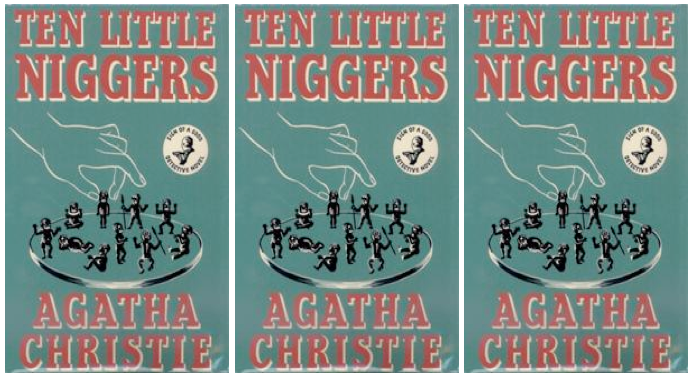Finding Hope in These Dismal Times
WORKING AND WAITING FOR CHANGE-In these dismal days of climate change, imperial decline, endless war, and in my city, a hapless football team, I seem to be experiencing a strange and unaccustomed emotion: hope. How can that be? Maybe it’s because, like my poor San Francisco 49ers who have been “rebuilding” for the last two decades, I’m fortunate enough to be able to play the long game.
But what exactly is making me feel hopeful at the moment?
For one thing, we seem to have finally reached Peak Trump, and the reason why is important.
Calling Mexicans rapists and drug dealers didn’t do it. Promising to bring back waterboarding and commit assorted other war crimes didn’t do it. Flirting with the white supremacist crowd and their little friend Pepe the Frog didn't do it. But an 11-year-old video tape of Trump bragging about grabbing women “by the pussy” seems to have been the drop of water that finally cracked the dam and sent even stalwart Republican leaders fleeing a flood of public revulsion.
In the midst of the most frightening and depressing presidential election of my life, the reactions to this latest glimpse into the Mind of Trump have actually lifted my spirits. Not that many years ago, an exchange like the one between Donald Trump and Billy Bush would hardly have been news. Sexual harassment was an expected part of the lives of working women -- par for a Trump golf course. I remember, for instance, paging through my family’s New Yorker magazines and coming across a Whitney Darrow cartoon about a lesson at a secretarial school. A businessman is chasing a woman around a desk as the teacher explains, “Notice, class, how Angela circles, always keeping the desk between them...”
There you have it: the devaluation of women’s work (secretarial skills reduced to techniques for evading the boss’s advances), the trivialization of sexual predation, and in Angela’s knowing smile, admiration for the woman who keeps her sense of humor while defending her virtue.
What’s most surprising about the response to Trump’s hot-mic moment is the apparent national consensus that speaking -- or even thinking -- about sexual assault the way Trump did on this video is neither normal nor amusing. This shared assumption that women are not trophies for the taking marks an advance toward full personhood that we have achieved only in my lifetime. When you stop to think about it, it’s an extraordinary cultural shift. And once people figure out that women are, after all, human, it’s pretty hard to stuff that genie back into the bottle.
Of course, there are still a lot of men who have a hard time with the woman-human being equation. Paul Ryan, for example, responded to the Trump video release by opining that “Women are to be championed and revered” -- a view that suggests we are either helpless creatures to be saved by a “champion” or other-than-human creatures belonging on some Victorian pedestal.
Then There’s Hillary
In her first debate with Donald Trump, Hillary Clinton actually said the words “systemic racism.” Never in our history has a mainstream presidential candidate described our country’s racial institutions in that kind of language. Indeed, one of the biggest political problems the movement for racial justice has faced in the post-Civil Rights era has been how to account for the fact that, absent legal segregation, people of color, and especially African Americans, remain disproportionately represented among the poor, the unhoused, and the incarcerated. Institutional, or systemic, racism describes the mechanism at play.
Here’s what Clinton said in that debate:
“And it’s just a fact that if you're a young African-American man and you do the same thing as a young white man, you are more likely to be arrested, charged, convicted, and incarcerated. So we've got to address the systemic racism in our criminal justice system.”
She’s right of course. And she deserves credit for saying it, but it’s the analysis of groups like RaceForward, the organizing skills of the young activists of Black Lives Matter, and the moral voice of older leaders like the Reverend William Barber II of the North Carolina NAACP who created the atmosphere in which she had to say it.
We are, in other words, witnessing a sea change in how people in mainstream politics talk about racism. Of course, there’s been pushback against Clinton’s rhetoric, but the idea that actual institutional structures exist that deeply constrain the lives of African Americans has now been admitted to the grown-ups’ table.
Black communities have long known that they, and especially their young men, are at risk of police violence. That’s why sooner or later so many black parents of every economic class have “the talk” with their children about how to try to stay safe (or at least safer). But in the two years since the murder of Trayvon Martin by a self-styled vigilante, Black Lives Matter has focused national attention for the first time on the repeated deaths of unarmed black men and women at the hands of those who are meant to protect and serve. Now, even the mainstream media no longer treat such deaths as isolated incidents unworthy of coverage. Instead, it is recognized that they form a systemic pattern, and even presidential candidates have to respond to that pattern. That is a victory and it was almost beyond imagination even a few years ago. Of course, the real victory will come when police stop shooting unarmed people, but at least now the country generally admits that it happens.
Similarly, many of us on the left have long known that wages in this country began to stagnate in the mid-1970s. We’ve watched the minimum wage (once intended to be for a family’s “breadwinner”) shrink to a poverty stipend. We’ve seen income and wealth inequality swell to the greatest levels since the Gilded Age of the nineteenth century. But it took the Occupy movement to remind us that the 99% could reclaim political power. It took organizations like OUR Walmart and the Fight for $15, lifted by Bernie Sanders’s run for the Democratic nomination, to bring that discussion into the mainstream.
For the first time in years, the words “working class” have slipped back into public discourse. CNN now runs stories with headlines like “Working class white men make less than they did in 1996.” A few years ago, as far as anyone could tell from the mainstream media, we lived in a country populated by a vast, undifferentiated “middle class,” and a few wealthy or impoverished outliers. Now, both the Trump and Clinton campaigns have found that they must address the pain of working people. We may not agree with their proposed solutions, but they have to talk about it. That, too, is a change and a victory of sorts.
Wait! You Mean We Won Something?
For many years I’ve noticed that my corner of the political world, roughly the American left, has had a very hard time recognizing and claiming our victories. Maybe that’s because it’s cost us so much to understand all the ways in which the standard American narrative is a lie, to grasp how little the American Way -- whatever Superman may have believed -- has had to do with truth and justice.
From birth, Americans normally swim in an ocean of heroic mythology about American exceptionalism, and for many of us it’s been difficult to make our way out of its riptides. So our knowledge has been hard-won. Figuring out that the United States is not the international defender of liberty we learned about in school wasn’t easy.
It took work to realize and accept, for instance, that our country routinely supported dictators and torturers. We opposed U.S. efforts to prop up strongmen like Ferdinand Marcos in the Philippines and Augusto Pinochet in Chile, and called out the hypocrisy when the U.S. government was shocked(!), shocked(!) to discover what they actually were.
Having invested so much effort in recognizing the lies of the American exceptionalist narrative, we find it difficult to acknowledge when our government does something right.
The Paris Agreement on climate, signed by 190 countries, comes into effect this November 4th. That’s because on October 5th, the world met two key criteria: ratification by at least 55 of the signatory countries, and ratification by countries responsible for producing 55% of the planet’s greenhouse gases. It’s fair to say that, without the Obama administration, this agreement to confront the extinction-level threat that climate change represents would not have come into being. Like any compromise, it’s by no means a perfect accord, but it’s the best chance we’ve seen in a long time that the Earth will remain the habitable and welcoming place for human beings (among many other species) that it’s been these last tens of thousands of years. This victory belongs to environmental activists around the world, and we should claim it!
It’s almost as if, having worked so hard to understand the role and power of the United States on the world stage and of a ruling elite at home, we’ve imagined this country as a far greater powerhouse than it is. It’s almost as if recognizing any cracks in the edifice of American power might endanger that hard-won worldview. It’s almost as if the possibility that we can sometimes push our country to do something right, that our side can sometimes win, seems to rattle us. Faced with that disorienting possibility, I suspect it’s sometimes easier to believe that, while we must always fight the good fight, our adversary is too strong for us ever to expect victories.
On the domestic front many of us, both people of color and white Americans, have struggled to recognize our personal implicit racial biases. We’ve likewise taken the time and effort to reexamine what we were taught about U.S. history so that we could grasp the enduring and shape-shifting longevity of systemic racism. Knowing this history so well seems to make it harder for some of us to recognize and claim victories when they come. When, in front of 80 million Americans, Hillary Clinton says that “implicit bias is a problem for everyone, not just [the] police,” that is a victory, and we should take it in and savor it.
When President Obama responds to mass incarceration by commuting the sentences of federal drug offenders, that is a victory, however modest. It took half a decade for the ideas in Michelle Alexander’s groundbreaking book The New Jim Crow to penetrate to a mass audience. Now, the country has finally begun to recognize what prison activists have been saying for years: there is something very wrong when the “leader of the free world” has the largest prison population on the planet. An outrage that, a decade ago, was invisible to just about everyone except the affected communities and a small number of activists is now known to all. Our prisons are a national and international scandal and the spread of that knowledge -- and the urge to do something about it -- is also a victory, one worth celebrating, however provisionally.
Who’s Most Likely to Be Hopeful?
In the 1980s, I spent six months in Nicaragua’s war zones at a time when my government, the Reagan administration, was supporting the Contra armies against the Sandinista government. Together with many sectors of Nicaraguan society, the Sandinistas had thrown out the U.S.-supported dictator, Anastasio Somoza. Over and over I was struck by how living in the midst of war was like being stretched between two temporal realities.
In the morning, a Nicaraguan in the town of Jalapa might help dig a communal refugio to shelter children from airplane attacks. In the afternoon, she might risk attack or kidnapping by the U.S.-backed Contras to plant trees that would take years to mature on mountains that had been clear-cut by American lumber companies during the Somoza dictatorship. You always had one eye on the present and the other on a better future.
The Nicaraguans I knew seemed eternally ready for a party under the worst conditions imaginable. One day, in the city of Estelí, I remember running into an American friend who told me this story: she’d been feeling bummed recently because the Contras had attacked a little town near where she was living and killed seven children. It seemed to her as if this miserable war would never end. The family with whom she was staying was going to a fiesta that night and asked her along.
“I don’t feel like it,” she said. “I’m too depressed.”
“You can afford to be depressed,” they told her, “because you’re going home soon. We are the ones who will still be stuck in the war, so we have to have hope for the future. We have to dance. Now, get dressed, we’re going to a party.”
What group in the United States is most optimistic about the future? Surprisingly, according to a recent Gallup Healthways poll, it’s not the billionaires among us, but poor African Americans. A Brookings report on the poll suggests a number of reasons for this, and adds:
“[T]he optimism of black Americans -- especially the poorest -- is a reason to be a little more hopeful. The second term of our first black President is nearing its end, but a renegade political candidate with open disdain for minority groups is enjoying rising support. At such a moment in history, it is noteworthy that it is black Americans who seem to be keeping faith with the American Dream.”
Another poll, commissioned in 2015 by the Atlantic, found that “African Americans and Latinos are far more likely to be optimistic than their white counterparts, both about their personal station in life and the future of the country more broadly.”
Such people are anything but stupid. They know that their communities are confronting terrible challenges, but they know, too, how important it is not to forget to dance.
Why Doing Politics Is Like Surfing
How do outrageous ideas -- for example, that women are human beings, or that the U.S. locks up way too many people, or even that gay people should be able to get married if they want to -- suddenly morph into everyday commonsense? It’s rarely an accident. It almost always involves dedicated people working away for years on an issue, often unnoticed, before it seems suddenly to surge into general awareness.
Sometimes I think the politically engaged life is like surfing. You expend an enormous effort paddling past the breaking surf. Then you sit on your board breathing hard, scanning the horizon for the wave. Sometimes you sit out there for a long, long time, but when that wave comes, you have to be ready to grab it -- and enjoy it.
Even when the wave looks like a sinking Donald J. Trump.
(Rebecca Gordon, a TomDispatch regular, teaches in the philosophy department at the University of San Francisco. She is the author of American Nuremberg: The U.S. Officials Who Should Stand Trial for Post-9/11 War Crimes. Her previous books include Mainstreaming Torture: Ethical Approaches in the Post-9/11 United States and Letters from Nicaragua.) Prepped for CityWatch by Linda Abrams.

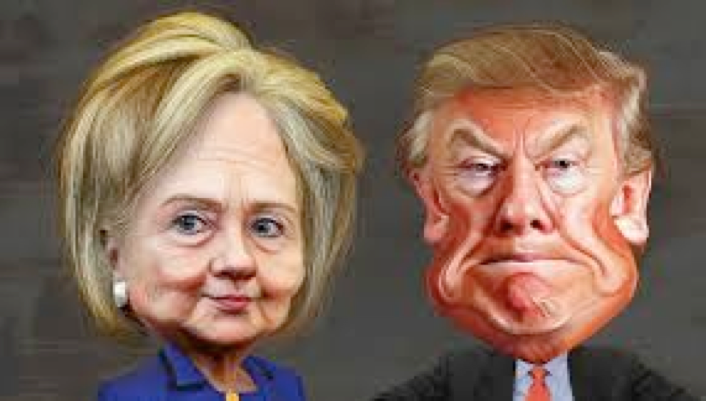

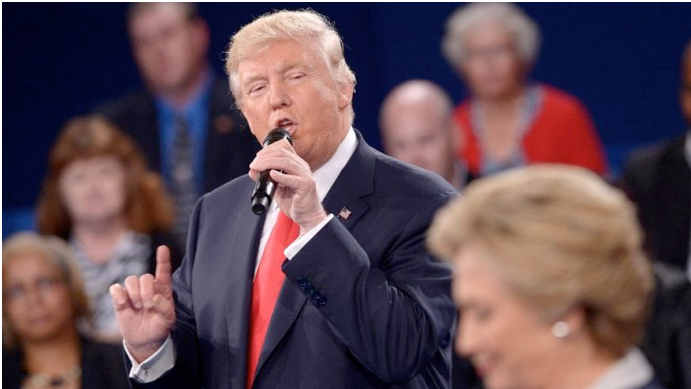
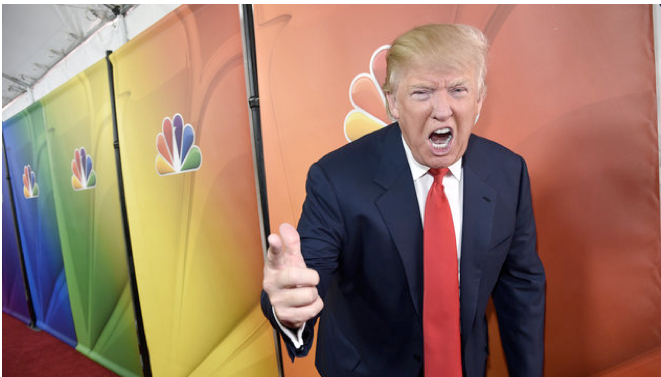
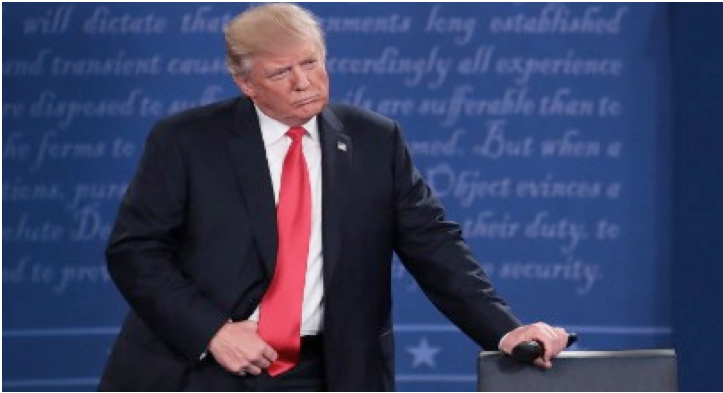
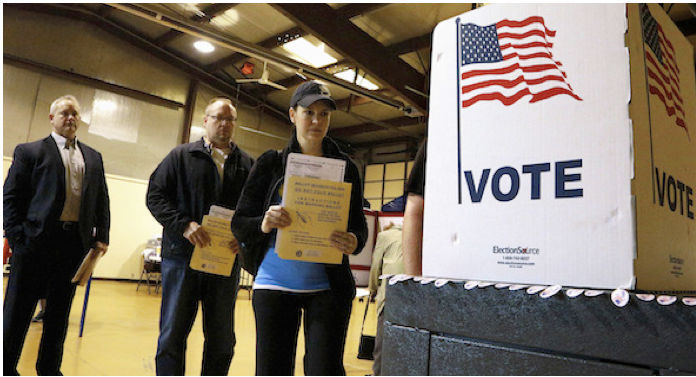
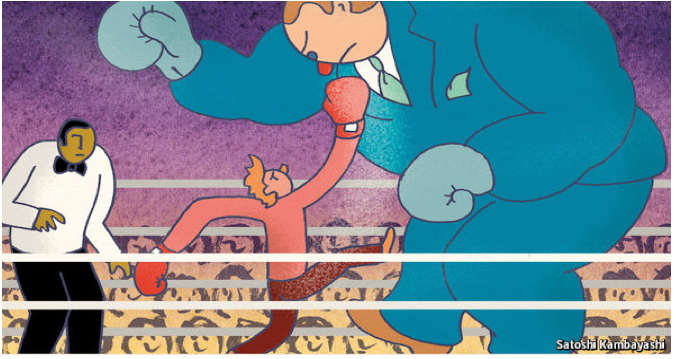
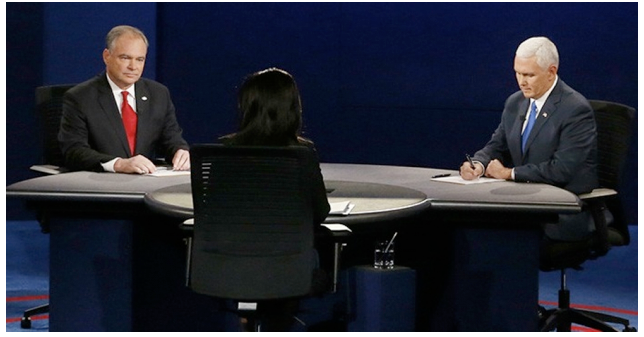
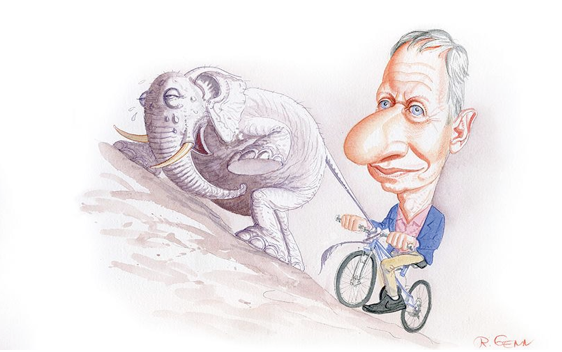
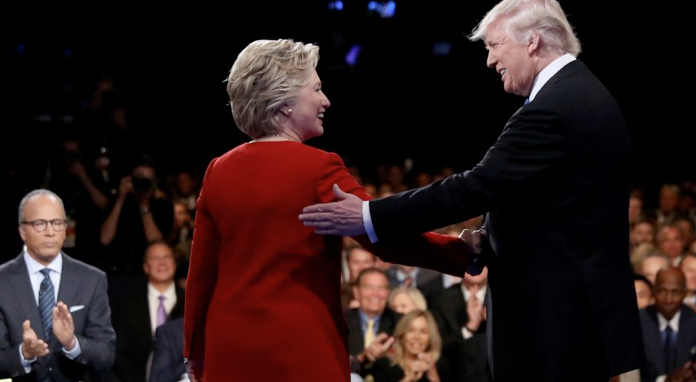
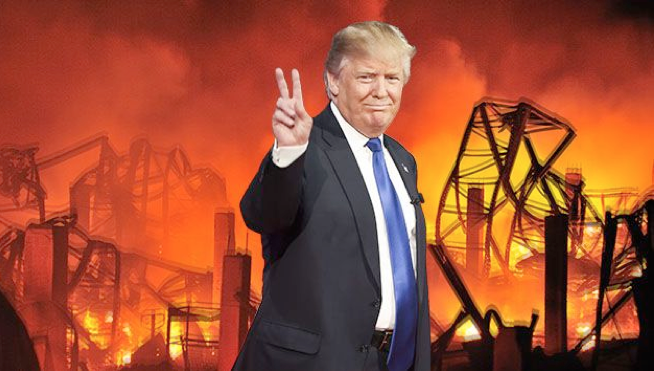
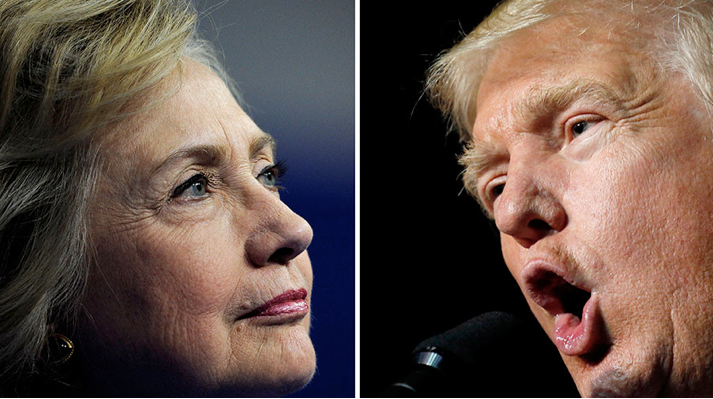

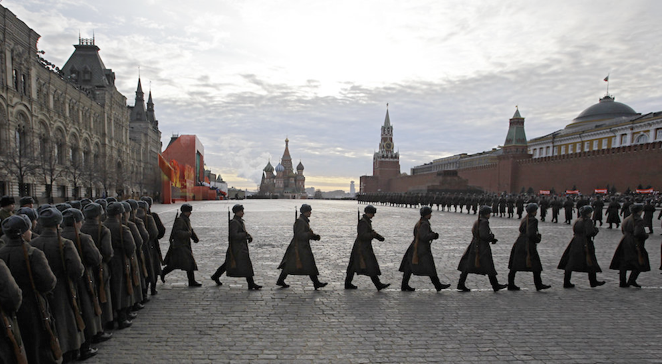


 However, here in the United States it is important being that our country is very diverse. So which is it? Hispanic or Latino? What are we? What does it mean to be Latino? Or, Hispanic in America? – The answer to this question depends on who you ask. The two words are most of the time used interchangeably. So which word to use? Ever since I started college at USC I have been asking myself this question, and here we are many years later still trying to figure this out.
However, here in the United States it is important being that our country is very diverse. So which is it? Hispanic or Latino? What are we? What does it mean to be Latino? Or, Hispanic in America? – The answer to this question depends on who you ask. The two words are most of the time used interchangeably. So which word to use? Ever since I started college at USC I have been asking myself this question, and here we are many years later still trying to figure this out. 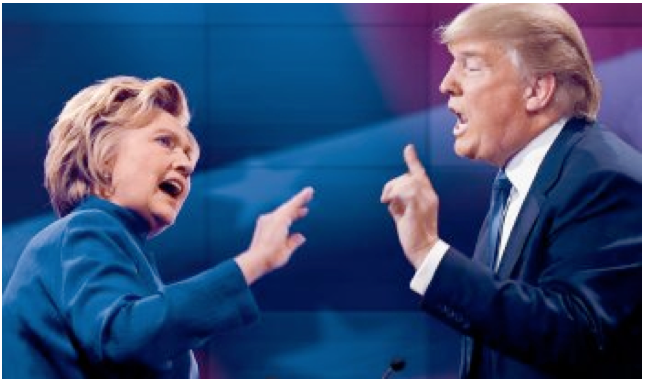

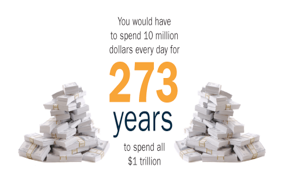 Crawford adds:
Crawford adds:
